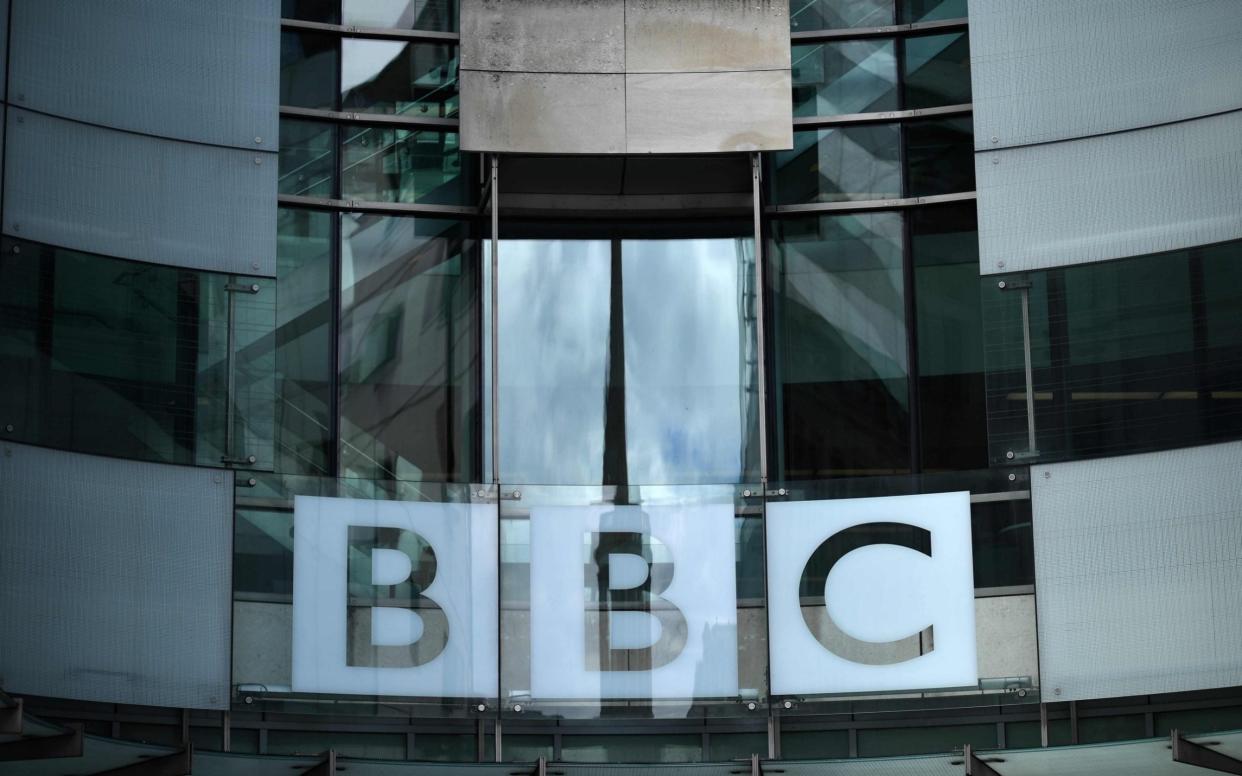BBC critisised as over-75s may have to show bank statements for free TV licence

Campaigners have criticised the BBC for permitting Capita to ask over 75s to hand over bank statements to prove they are eligible for a free television licence.
Age UK has said the “administrative headache” for millions of people could see older people abandoning their right to a free licence because they are worried about fraud.
The condemnation comes amid concerns the elderly are among those most often targeted by fraudsters trying to persuade the vulnerable to hand over sensitive information as part of confidence tricks and financial scams.
Since Saturday, only over-75s who receive pension credit remain exempt from paying the £157.50-a-year licence.
But, it has emerged Capita telephone helpline staff hired by the BBC have the option to ask callers to send copies of their bank statements as proof they are in receipt of the Government payouts. Campaigners fear that option sends a mixed message to the old, who are so often being urged to be wary of such requests.
The boss of Age UK and the Labour peer Lord Foulkes of Cumnock, who have campaigned against making the over 75s pay for their television licence, say the move put the elderly at greater risk of theft and fraud.
Helpline advisors usually ask callers to send in a photocopy of their pension credit documents. But, as a possible last resort, they have the option to see whether the pensioner would send in a copy of their bank statement where the Government payment could be seen on the slip.
Caroline Abrahams, director of the charity Age UK, said older people would be upset by the suggestion they may have to go out to photocopy documents or send in original papers, describing the move as an “administrative headache”.
She said: “Sharing sensitive data with the Government is one thing, but with our national broadcaster and their agents it’s quite another.
“For some this will feel like an unwarranted intrusion on their privacy, and that’s without adding in concern about the heightened risk of fraud. This is just one more of a whole host of reasons why the free TV Licence for our oldest citizens needs to be restored.”
Lord Foulkes, the former director of Age Concern Scotland who predicted cancelling the free licence would lead to chaos, said he had received letters from elderly people afraid they could fall victim to scams.
“Elderly people are the main target because they can get confused and they tend to be more trusting. For Capita and the BBC to have the option to ask for such documents is disgraceful. Posting bank statements could lead to identity theft.”
It is also feared that the hard of hearing or deaf could be most at risk because they would struggle to get help on the hotline and may resort to posting bank statements to resolve the issue.
A BBC spokesman said over 75s did not need to do anything until they received a letter from the corporation.
He said: “If older people don’t wish to leave their home or can’t go online, call centre staff will prioritise a verbal declaration process to identify if customers are in receipt of pension credit. We are also giving all over 75s plenty of time to either set up a payment plan or to claim a free licence if they are eligible. In either case, no one needs to leave their home.
“TV Licensing is not actively seeking bank statements – this is simply an option and we don’t expect to make very much use of it. The TV Licensing team take extreme care with personal data and have a wide range of measures in place to protect it.”
The licence fee exemption was introduced in 2000 by the then Labour government. In 2015 George Osborne, the Conservative chancellor, handed responsibility for funding the benefit to the BBC, with the government phasing out its contribution to the scheme.

 Yahoo News
Yahoo News 
